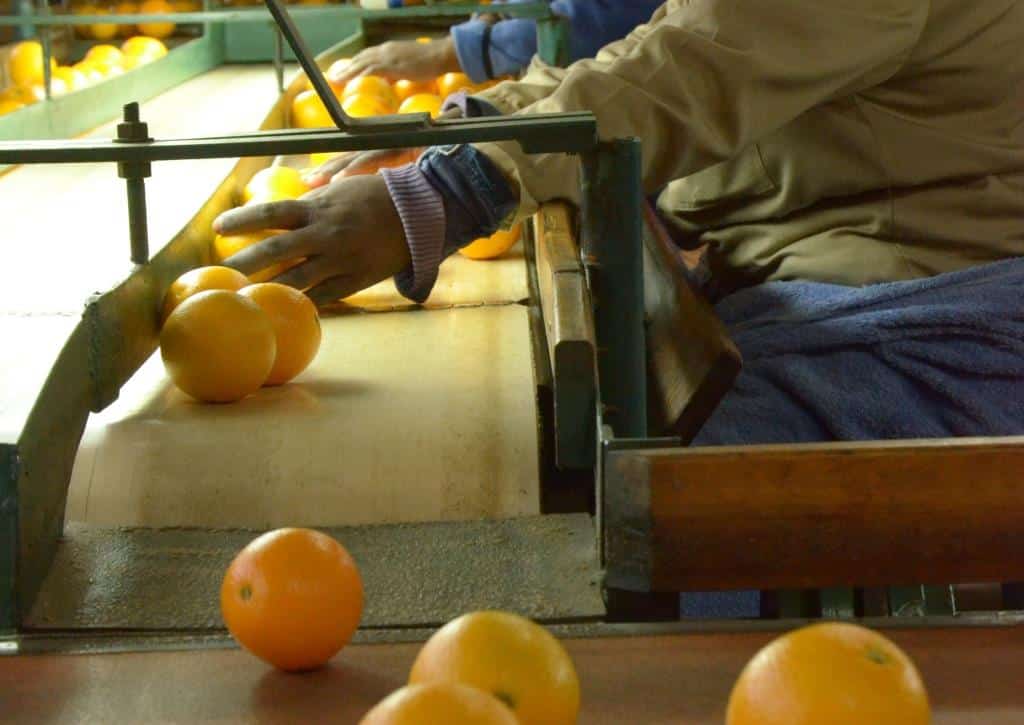Unemployed and job-creation projects in rural areas must be treated as a national priority. The national unemployment rate has increased by 30 basis points to 27.5% in the third quarter of 2018 and the expanded definition of unemployment, which includes discouraged job seekers, is currently 37.3%. The situation is far more dire in rural areas where the expanded unemployment rate is 41% on average. Rural unemployment and by extension the national rate, can largely be relieved if policy uncertainty around the agriculture, such as Expropriation Without Compensation (EWC), is urgently addressed, says Agri SA in a media statement.
“Agri SA was involved in the recent Job Summit where various partnership-based projects where discussed, but these projects can have the biggest impact in agriculture,” said Neil Hamman, Chairperson of Agri SA’s Labour and Development Centre of Excellence. “For every rand government spends in job creation agriculture, the return in jobs created will make any other sector bite the dust.”
Agriculture lost 1 000 jobs in the third quarter and currently stands at 842 000. Various factors may have influenced this number, given that seasonal labour are included in this figure.
“Africa’s doors are wide open for our agricultural produce, and South Africa’s commercial farmers are very competitive, so there is enormous potential to place agriculture at the centre of job creation. The critical requirement, though, is consistent government support.”
Agri SA is also very concerned by the high youth unemployment rate. An estimated 31.1% of people between the ages of 15 and 34 are currently not engaged in education, employment or training.
Agri SA will continue to engage on policy problems that worsen unemployment, and will act as a partner in high-impact job creation projects.
The South African Pork Producers’ Organisation (SAPPO) coordinates industry interventions and collaboratively manages risks in the value chain to enable the sustainability and profitability of pork producers in South Africa.
















